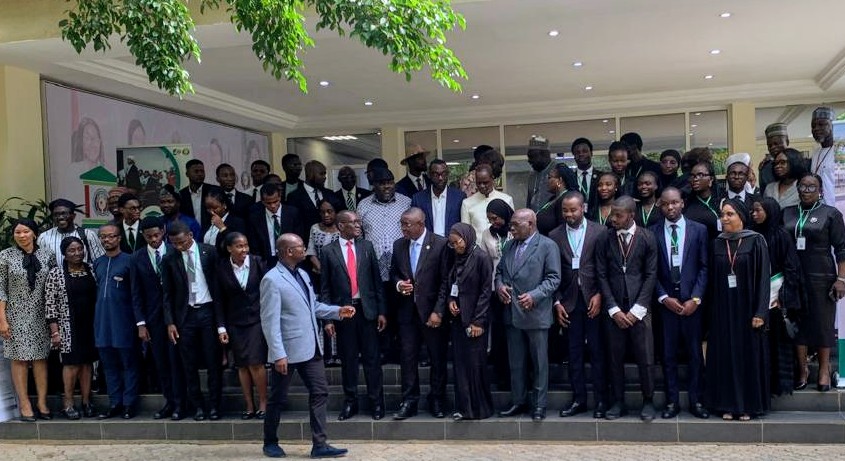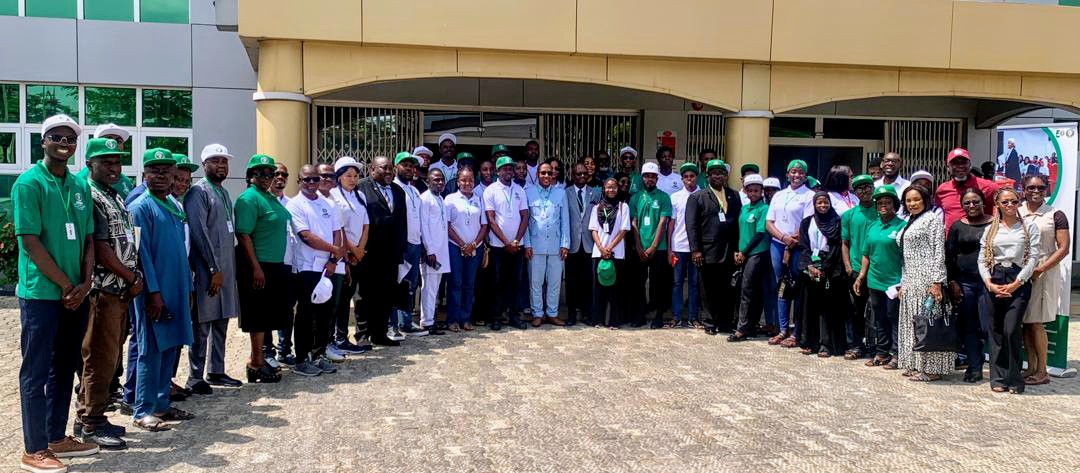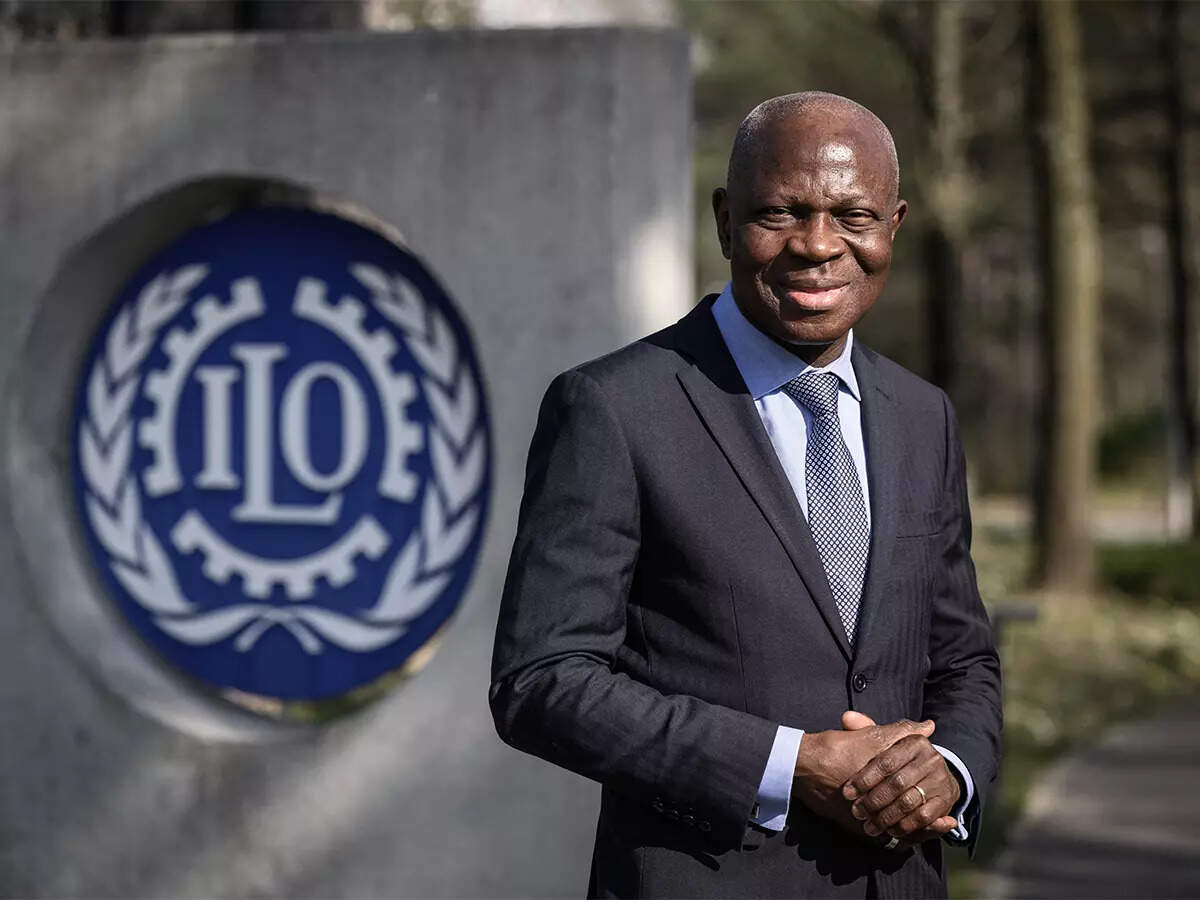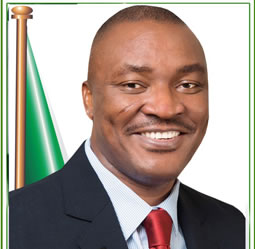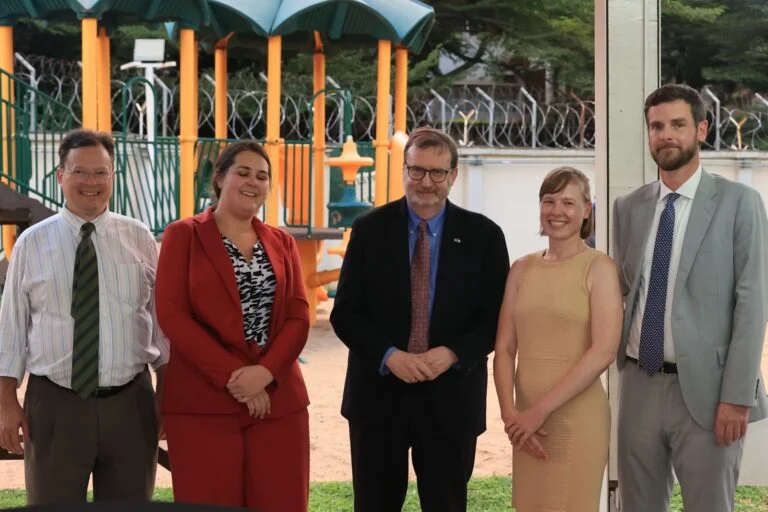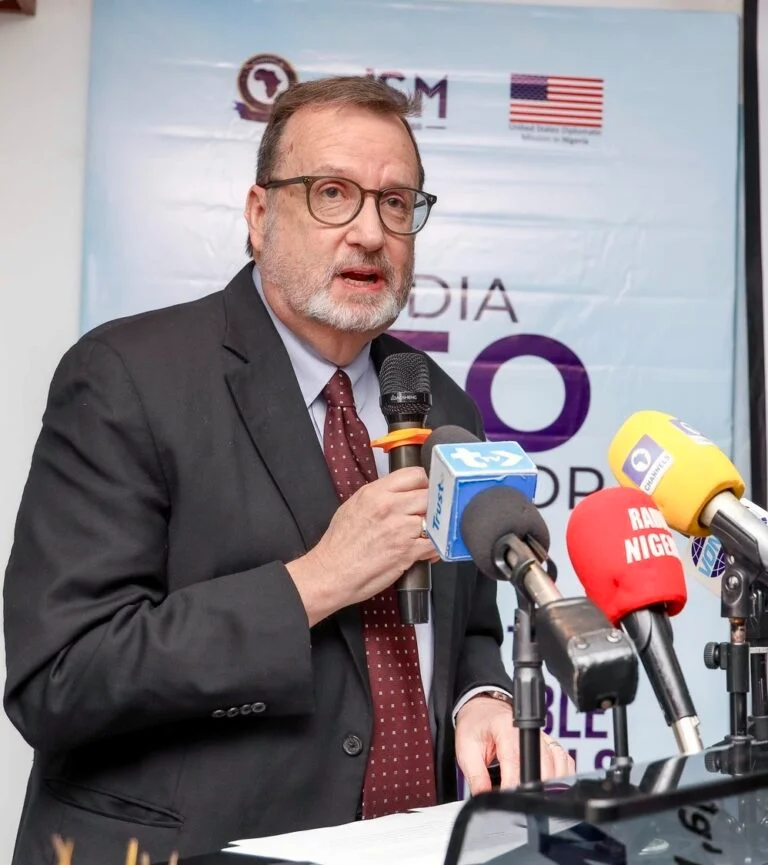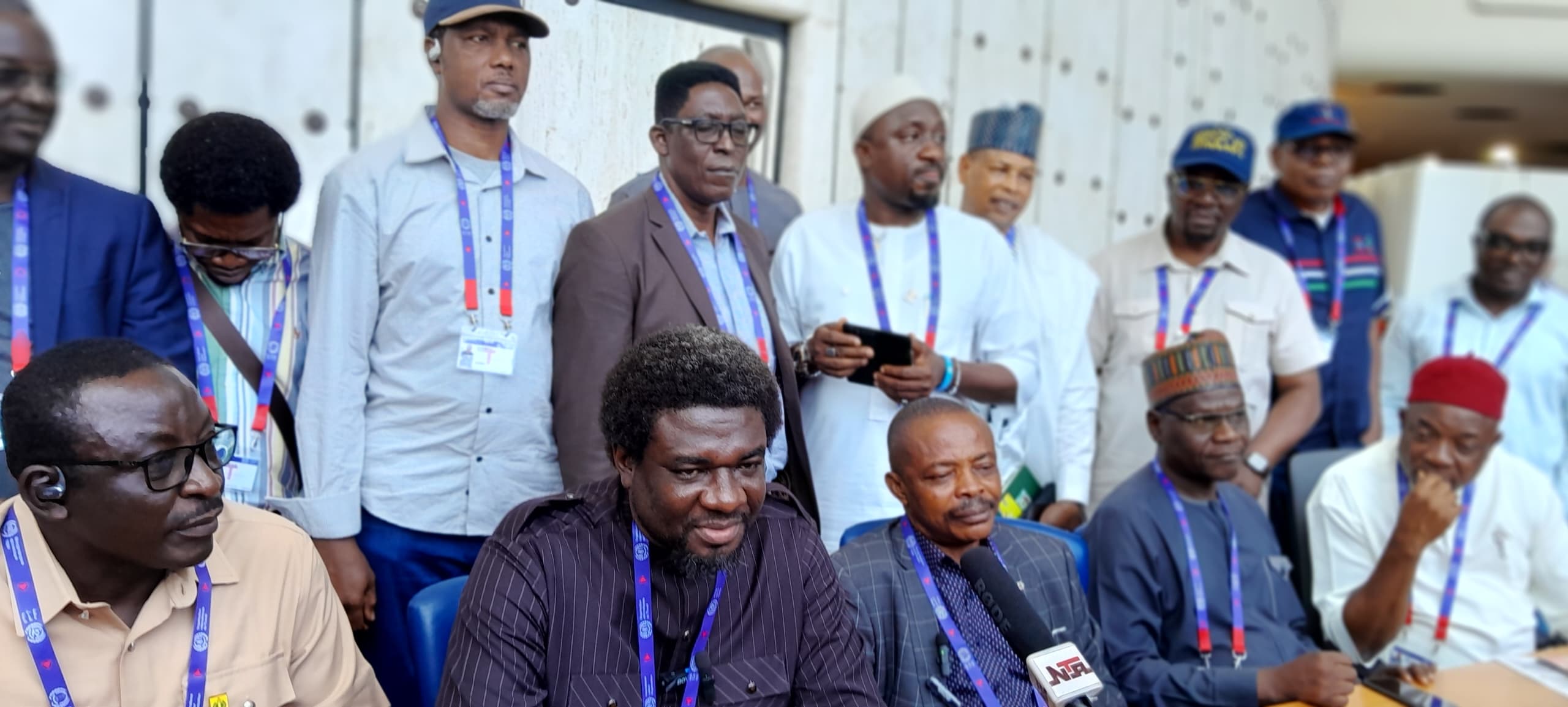ECOWAS Court pledges to deepen academic, youth engagement
By Mark Longyen
The ECOWAS Court has pledged to deepen its engagement with the subregion’s youths and academic institutions to ensure a robust legal culture of justice, human rights and rule of law.
The President of the Court, Justice Ricardo Gonçalves, said this at the end of the maiden edition of the Moot Court competition of the Community Court on Saturday in Abuja.
The News Agency of Nigeria (NAN) reports that the event, which began on Wednesday, had as its theme: “Promoting Regional Integration and Human Rights through Judicial Processes in West Africa.”
The competition brought together West African law students to simulate proceedings before the court, offering them first hand exposure to an international tribunal’s working and the opportunity to refine their advocacy skills.
Gonçalves said that the community court had resolved to make the competition an annual flagship programme.
He also said that future editions of the competition would be expanded to include universities from all ECOWAS member states to truly reflect the bloc’s diversity and unity.
The court’s president explained that through such engagement, the court would demystify its work and plant the seeds of a robust regional legal culture that values justice, human rights, cooperation and rule of law.
“This event has made one thing abundantly clear; that the time has come for the ECOWAS Court of Justice to deepen its engagement with academic institutions and the youth of our region.
“In light of the overwhelming success of this pilot edition, I am pleased to announce that the court has resolved to make the Moot Court Competition an annual flagship programme.
“Future editions will expand to include universities across all ECOWAS Member States, truly reflecting the diversity and unity of our region,” he said.
Earlier in a vote of thanks, the court’s Vice President, Justice Sengu Koroma, said the event aimed to create a platform for legal education, engagement and excellence among the region’s future legal minds.
He also said that mooting was a portal through which students could fully immerse themselves in the environment of ethical considerations and protocols of a real courtroom.
Koroma lauded the participating universities and their students, adding that their intellect, composure, and advocacy made the institutions proud and gave the court great hope in the future of regional justice.
“Today, as we conclude the finals of this historic competition, we do so with immense pride and gratitude, having witnessed the vision come to life in a truly remarkable fashion.
“To the students—you are the stars of this event.
” Your hard work, enthusiastic participation, dedication and legal acumen have made this moot competition a success.
“We wish each of you success in your future endeavours and hope that this competition has fostered not only legal proficiency but also a lifelong commitment to justice,” he added.
NAN reports that the highpoint of the event was the announcement of the winners of the competition and award of certificates for various categories to them.
Two Nigerian universities, Ahmadu Bello University (ABU) Zaria and University of Jos, won the overall best prize and runner up prize, taking home N5 million and N3 million respectively.
Two of the students, Nicholas Ochojila and Diretkinan Dashi, both from the University of Jos, expressed their gratitude to the ECOWAS Court for the opportunity to participate in the competition.
They said that the event was a good outing for the university, which came second, narrowly losing to ABU by one point, and producing the overall best oralist award winner through Ochojila. (NAN)
Edited by Mufutau Ojo




